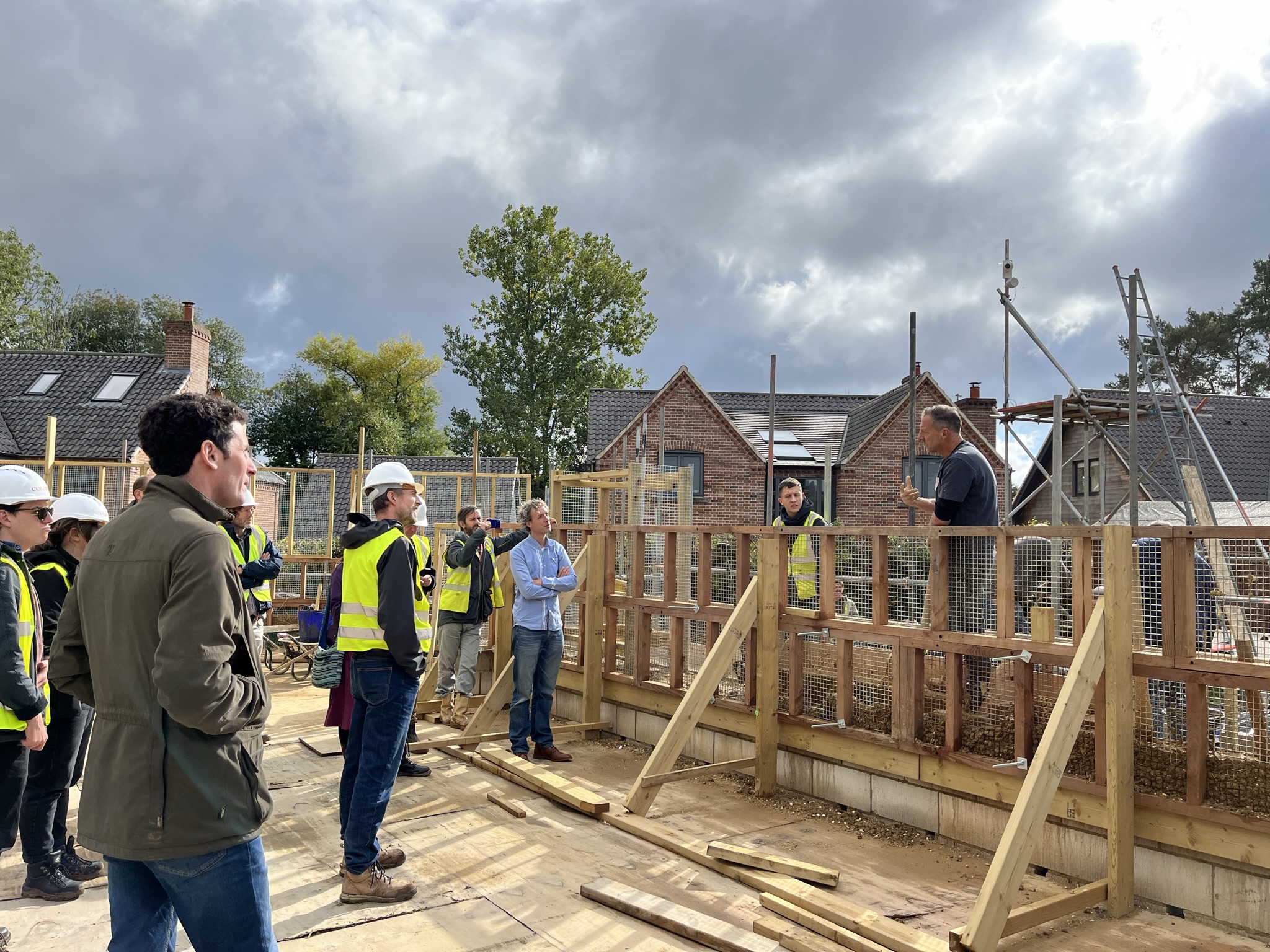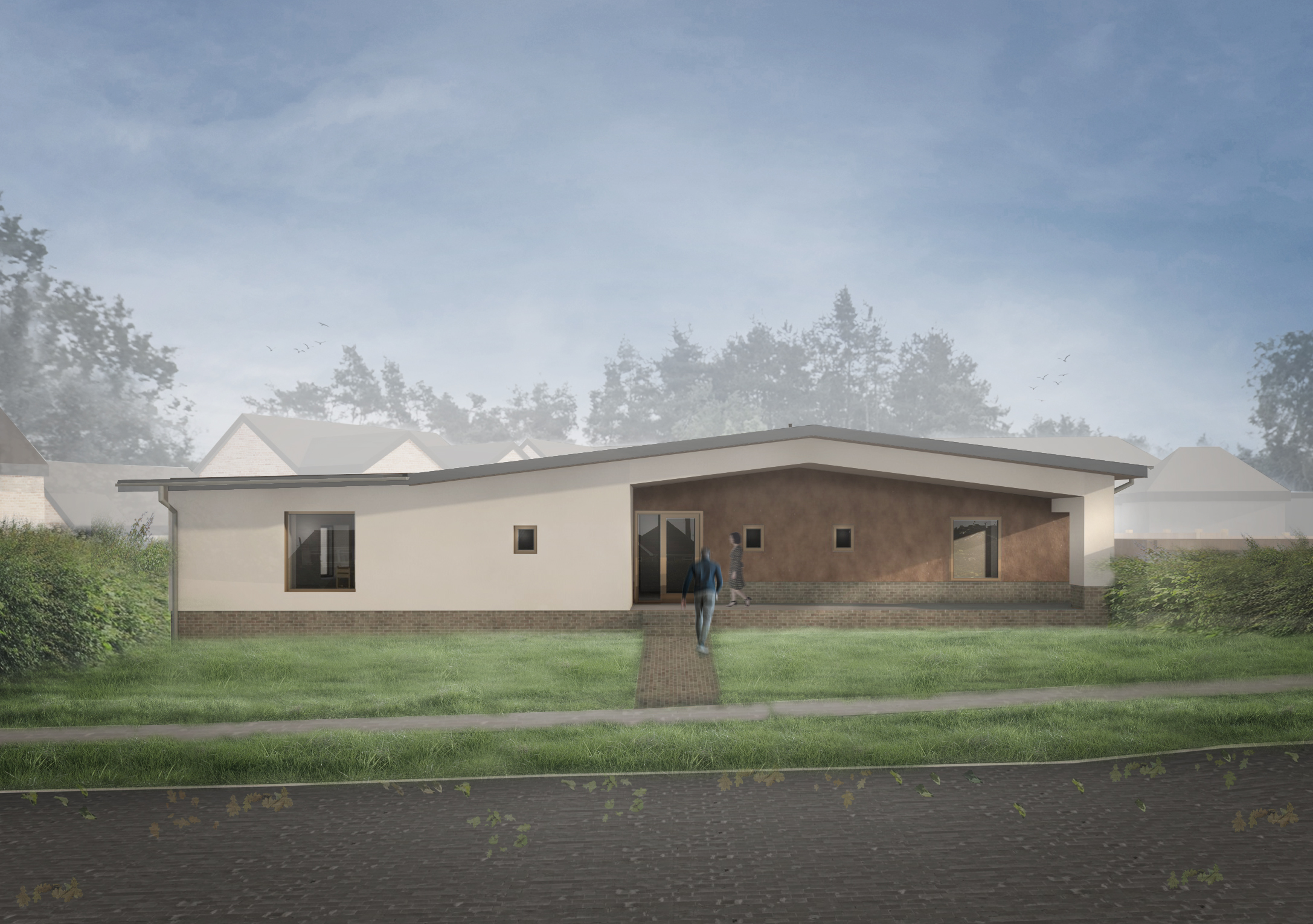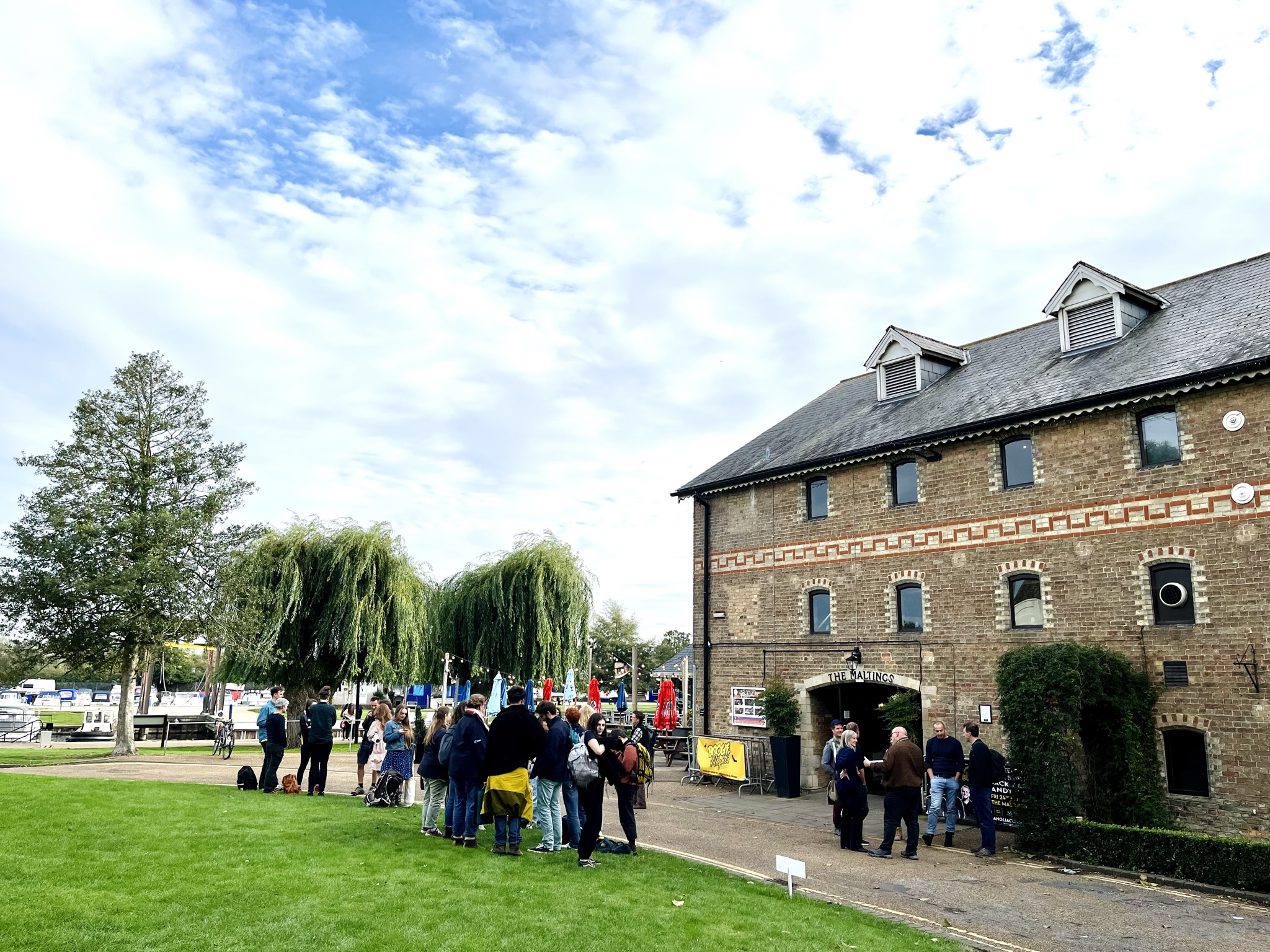The green light has just been given by the government allowing commercial and retail buildings to be converted into homes without planning permission. It is a draconian decision which, despite being opposed by half England’s local authorities, highlights a much bigger problem: the inability a planning system to meet changing needs. This particular initiative was driven by not only too few homes but also too many vacant offices and shops – casualties of the economic downturn that planning departments have no imaginative answer for. The use of a building, whether for housing, offices, shops or nightclubs, is prescribed by the planning system. It creates a crude and inflexible mechanism artificially creating problems with supply and demand of particular uses. Taken in tandem with zoning, planners use these powers to control the way we use our cities, towns and villages whilst purporting to create conditions for growth. But the formula they have concocted has failed miserably: it is unable to adapt to current needs as well as preventing diversity, vitality and growth – the very things they should be encouraging. Currently we have a dearth of houses in London, the southeast as well as our corner of the world. According to the GNDP’s Joint Core Strategy (JCS) we need 30,000 new homes in the Norwich area – yet we have an over supply of offices. Why not convert these offices to homes? There will be instances where some buildings because of their specific nature are not appropriate but many are. Sovereign House on Anglia Square is a prime candidate that could follow the example of Westlegate Tower. If office space is lost, so be it. When demand comes back there will be other possibilities. Moreover increasing the range of uses has huge benefits in contrast to the unattractive legacy of zoning uses. The latter has resulted in ‘single use’ ghettos, whether it is industrial parks at Rackheath, office parks such as Thorpe Business Park, housing estates that are too numerous to mention, shopping in Norwich’s malls or nightlife on Riverside. Visit any one of these out-of-hours and they are the most depressing places you can imagine. Even in-hours there is nothing to do but what has been prescribed – shopping, working or getting drunk. This is not a healthy state of affairs: having a mixture of uses counterbalance the excesses of one or other particular obsession and allows for the possibility of people behaving in more civilised ways. What about getting some new life into business parks or industrial estates with houses? These places need civilising! Planning in all these circumstances has failed and we need a more responsive way of dealing with day-to-day changes and growth. This vision and leadership should come from democratically elected local authorities responding to local needs, yet once again it is a government dictate that ‘rules the roost’. It is a blunt one but radical in that it has begun to challenge a fundamental weapon in the planner’s armoury, that of controlling how we use our buildings. Anthony Hudson
DESIGN MATTERS: The Use of Our Buildings
Author / Hudson Architects
Similar Journals

CobBauge: Open Days & Open Minds
November 15, 2022Over the last few months, our CobBauge team, alongside Grocott & Murfit Builders, hosted two successful Open days at the CobBauge Pilot Build House in Fakenham, North Norfolk. These involved the coming together of a range of interested and interesting people, from the local and wider area, to di
Continue reading
Fakenham CobBauge Features on ITV Anglia
August 30, 2023Our ground breaking CobBauge project was recently featured on ITV News Anglia, bringing this sustainable construction method into the spotlight. The project featured in their Natural Solutions segment exploring how nature can combat the pressing issue of climate change. Watch the feature here The F
Continue reading
Insights from the IUCN UK Peatland Conference 2023
November 24, 2023Our involvement with the FibreBroads research project continued last month with Anthony and Katey attending the IUCN UK Peatland Conference 2023, held in Ely. As part of a workshop focusing on sustainable principles for peatland paludiculture, Anthony, alongside the fantastic Aldert Van Weeren from
Continue reading